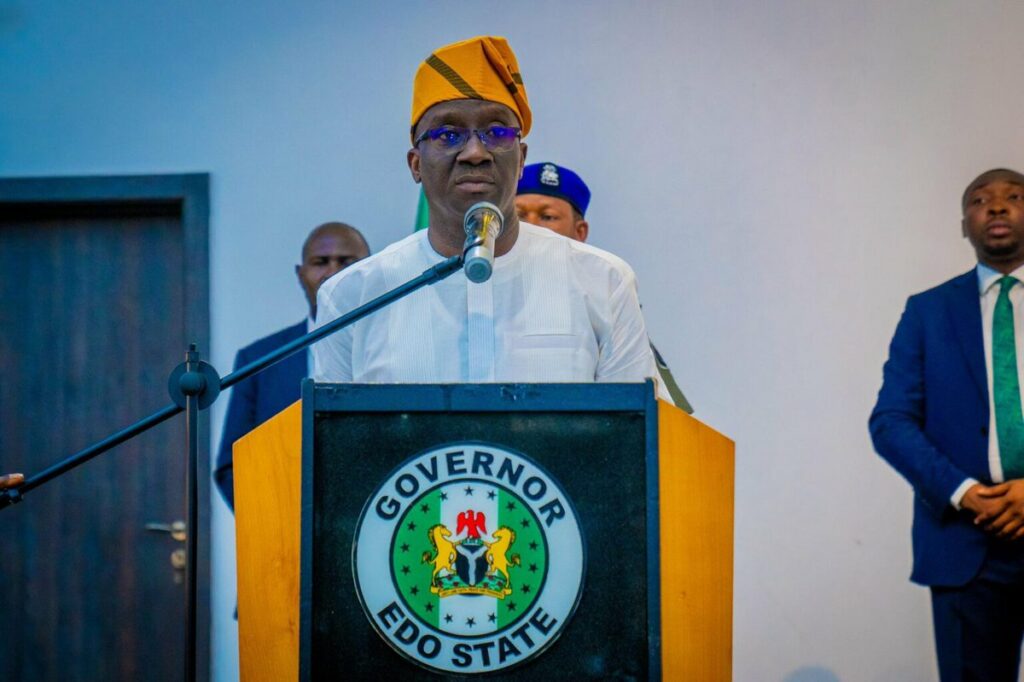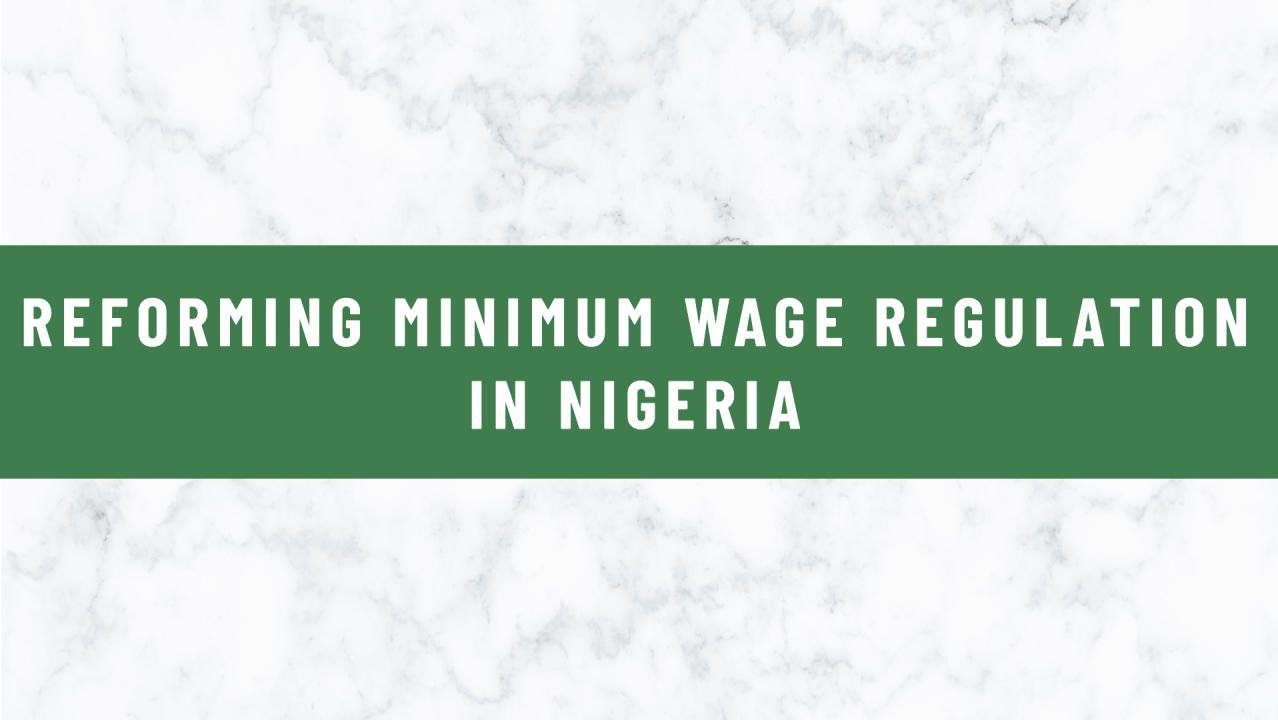Edo State Governor, Monday Okpebholo, has approved an increase in the state’s minimum wage to ₦75,000, raising it from the previously implemented ₦70,000. The announcement was made on Thursday during the 2025 May Day celebrations at the Samuel Ogbemudia Stadium in Benin City.
Addressing the crowd, Governor Okpebholo stated, “Today, I am proud to announce that our administration has approved a new minimum wage of ₦75,000 per month for all Edo workers. It’s our way of saying thank you. We believe this makes a real difference, and we count on your dedication to a better Edo.”
The governor also outlined several initiatives undertaken since his assumption of office, including the conversion of over 1,000 casual workers to permanent roles, the hiring of 500 new teachers, and the regularisation of more than 3,000 casual teaching staff. He noted the recent employment of 450 clinical and non-clinical staff across hospitals, as well as the confirmation of 126 contract workers at the Edo State Specialist Hospital.
In addition, the government has cleared outstanding salary arrears owed to staff at Edo Polytechnic and sworn in judicial officers whose appointments had previously been delayed. Okpebholo also announced that health insurance coverage had now been extended to retired state workers, underlining the government’s commitment to worker welfare beyond active service.

Reacting to the development, Acting Chairman of the Nigeria Labour Congress (NLC) in Edo, Comrade Bernard Egwekhide, commended the governor’s efforts. He described the wage increase and other reforms as “a welcome relief” for both active workers and pensioners. Egwekhide also acknowledged ongoing collaboration between the Edo State Government and the Federal Government in addressing infrastructure challenges across the state.
The wage review comes in the wake of national fiscal reforms and the removal of fuel subsidies, which triggered negotiations between labour unions and the Federal Government. These talks resulted in a new national minimum wage benchmark of ₦70,000, formalised by the Senate in July 2024 through legislation that also shortened the review cycle from five years to three.
While Edo and a handful of states have implemented the revised wage structure, many others are yet to comply. The Nigeria Labour Congress has vowed to intensify its advocacy for widespread enforcement, warning that state governments and private sector employers who fail to implement the new standard will face organised resistance.
Governor Okpebholo reaffirmed his administration’s commitment to improving the quality of life for public servants in Edo State, stating that the new wage reflects a long-term vision of inclusive growth and social welfare.

